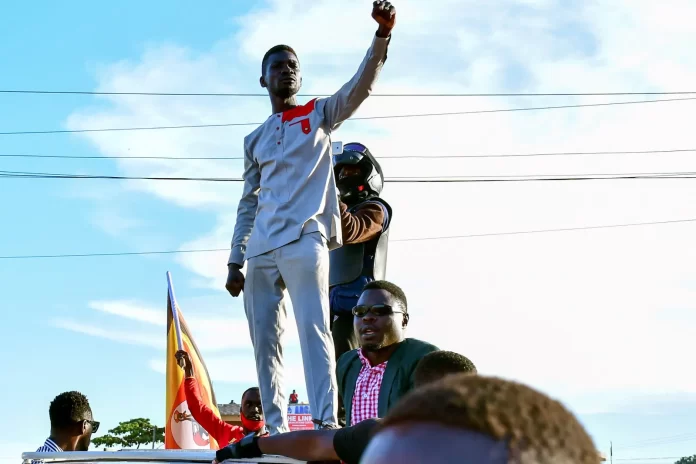Uganda is experiencing a long period of governance under President Yoweri Museveni, who has been in power since 1986. Over the years, there have been debates and discussions about the need for political change and the importance of a peaceful and democratic transition of power.
One of the key concerns raised by critics is the potential erosion of democratic principles and institutions when leaders remain in power for extended periods. They argue that long-term rule can hinder political pluralism, limit political competition, and weaken checks and balances.
Constitutional change is often a contentious issue, as it involves altering the fundamental principles and structures of governance. Some Ugandans believe that constitutional amendments should be made to introduce term limits and ensure a more inclusive and democratic political environment.
It is important to note that discussions around political change and constitutional amendments should ideally take place through peaceful and inclusive processes, respecting the rule of law and the will of the people. Public participation, dialogue, and engagement with different stakeholders, including civil society organizations, political parties, and citizens, are crucial for a transparent and democratic decision-making process.
Ultimately, the path towards political change and constitutional reforms in Uganda will depend on the collective will and actions of the Ugandan people, the commitment of political leaders to democratic values, and adherence to established legal and constitutional frameworks.
